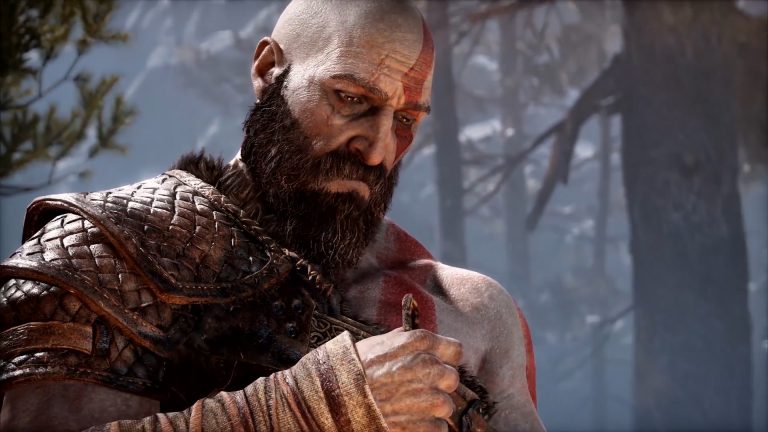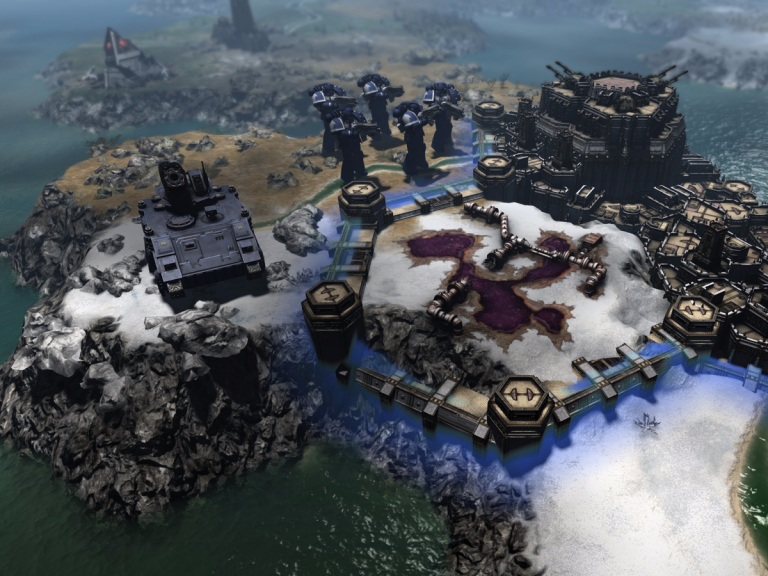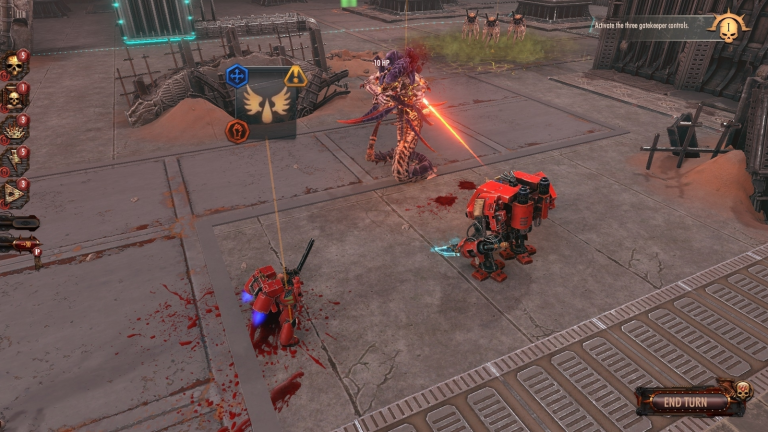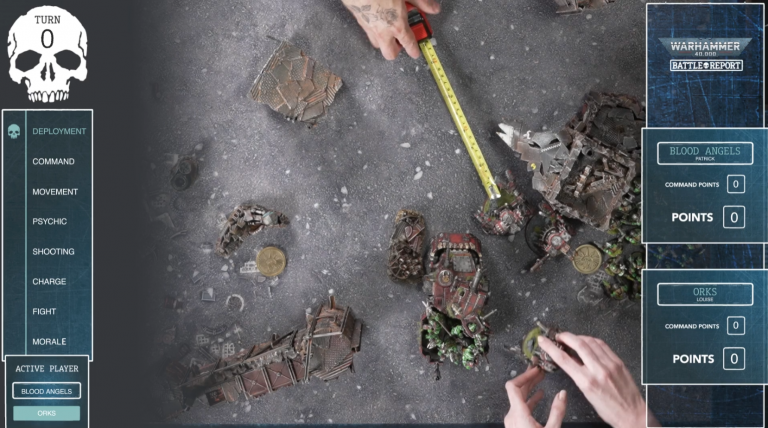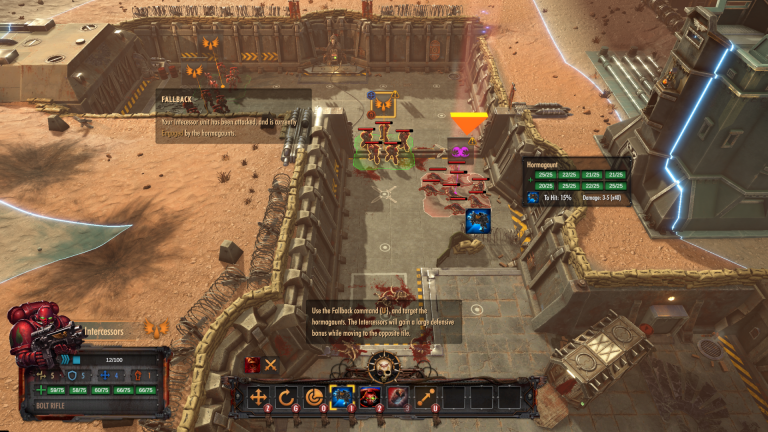Does Warhammer 40K Have Gods?
If you’ve ever delved into the captivating world of Warhammer 40K, you may find yourself pondering a question that stirs the imagination: “Does Warhammer 40K have gods?” It’s a query that ignites curiosity and sparks a desire for a deeper understanding of the lore and mythology within this expansive universe.
In the Warhammer 40K universe, gods indeed exist. However, these deities are not the conventional gods found in traditional mythology. They are powerful entities known as Chaos Gods, representing the different aspects of chaos and corruption. These malevolent beings, such as Khorne, Tzeentch, Nurgle, and Slaanesh, hold immense power and influence over the universe, shaping the course of events through their worshippers and followers.
Within the narrative of Warhammer 40K, these Chaos Gods are central figures, embodying the destructive and chaotic forces that constantly threaten the stability of the universe. They are worshipped by various factions and species, offering boons and blessings in exchange for loyalty and acts of violence. The presence of these gods adds a layer of complexity and depth to the rich tapestry of Warhammer 40K, fueling countless stories and battles that captivate fans worldwide.
So, if you ever find yourself delving into the immersive world of Warhammer 40K, rest assured that gods do exist, albeit in a darker and more sinister form. Prepare to be enthralled by the intricate web of mythology and the cosmic struggle between order and chaos that defines this beloved universe.
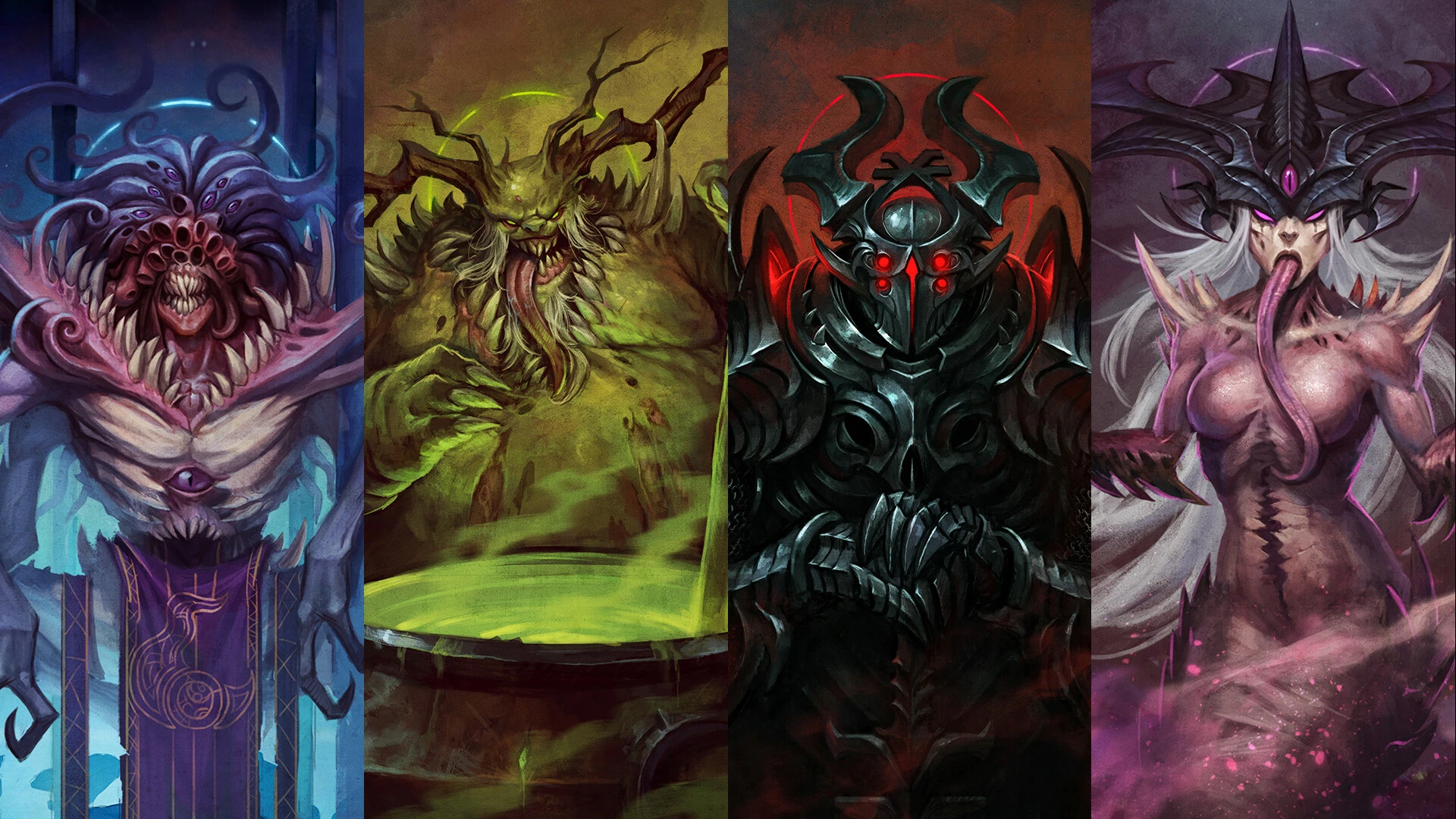
Does Warhammer 40K Have Gods?
Warhammer 40K, the popular tabletop miniature wargame, is known for its rich lore and expansive universe. One of the intriguing aspects of this universe is the presence of powerful entities that are revered by the different factions. These entities are often referred to as “gods” by the followers of Warhammer 40K, but their nature and existence are subject to interpretation and debate.
Understanding the Gods of Warhammer 40K
In the Warhammer 40K universe, there are several entities that hold immense power and influence over the various factions. These entities are often associated with specific aspects of the universe, such as war, chaos, or knowledge. However, it is important to note that the term “gods” can be misleading, as these entities are not traditional deities in the conventional sense.
The gods of Warhammer 40K are complex beings that embody abstract concepts and represent the fundamental forces at play in the universe. They are often depicted as ancient and powerful entities that can grant favors or blessings to their followers, but they are not all-knowing or all-powerful. Instead, they are shaped by the beliefs and actions of the mortals who worship them, making them more akin to archetypal embodiments of certain aspects of existence.
The Four Major Powers
Among the gods of Warhammer 40K, there are four major powers that hold significant sway over the universe. These powers are often referred to as the Chaos Gods, and they represent the darker and more chaotic aspects of the universe. The four Chaos Gods are Khorne, the Blood God of violence and war; Nurgle, the Plague God of decay and disease; Tzeentch, the Changer of Ways and god of manipulation and sorcery; and Slaanesh, the Prince of Pleasure and god of excess and indulgence.
Each of these Chaos Gods embodies a different aspect of the human condition and is worshiped by different factions within the Warhammer 40K universe. Their followers seek favor and power from their chosen god, often through acts of violence, sacrifice, or devotion. However, it is important to note that these gods are not all-powerful and can be influenced and manipulated by mortals, leading to complex and ever-changing alliances and rivalries.
Other Entities and Interpretations
In addition to the Chaos Gods, there are other powerful entities in the Warhammer 40K universe that are often revered as gods by certain factions. These entities, such as the Emperor of Mankind or the Eldar deities, are often seen as manifestations of power and authority within their respective factions. However, like the Chaos Gods, their existence and true nature are subject to interpretation and debate.
Some factions in the Warhammer 40K universe reject the notion of gods altogether and instead focus on other aspects of the universe, such as technology or psychic abilities. These factions view the gods as mere superstitions or as distractions from their own goals and ambitions. Others, however, embrace the worship of these entities and see them as sources of power and guidance.
Exploring the Role of Gods in Warhammer 40K
The presence of gods in the Warhammer 40K universe adds depth and complexity to the lore and gameplay. They provide a framework for understanding the motivations and beliefs of the different factions and offer opportunities for storytelling and narrative development. However, it is important to remember that the gods of Warhammer 40K are not all-powerful beings but rather representations of abstract concepts.
The worship of these gods can have profound effects on the followers and the universe itself, but it is ultimately the actions and choices of individuals that shape the course of events. The gods may grant power and favor, but they also demand sacrifices and obedience. The relationship between mortals and gods in Warhammer 40K is one of symbiosis and manipulation, with each party seeking to further their own goals and ambitions.
In conclusion, Warhammer 40K does have entities that are revered as gods by the different factions, but their nature and existence are complex and subject to interpretation. These entities embody abstract concepts and represent fundamental forces in the universe, but they are not traditional deities in the conventional sense. The gods of Warhammer 40K add depth and intrigue to the lore and gameplay, providing opportunities for storytelling and narrative development. Whether one chooses to worship these entities or reject their existence is a matter of personal interpretation and belief within the vast universe of Warhammer 40K.
Key Takeaways: Does Warhammer 40K have gods?
- Warhammer 40K is a fictional universe set in the 41st millennium.
- There are gods in Warhammer 40K known as the Chaos Gods.
- The Chaos Gods represent different aspects of chaos and corruption.
- There are also other powerful entities in the Warhammer 40K universe, like the Emperor of Mankind.
- Belief and worship in the Warhammer 40K universe have real consequences and can influence the course of events.
Frequently Asked Questions
Warhammer 40K is a popular tabletop miniature wargame set in a dystopian science fiction universe. It is known for its deep lore and complex narrative, which often raises questions about the existence of gods within the game’s universe. Here are some frequently asked questions about whether Warhammer 40K has gods:
1. Are there gods in the Warhammer 40K universe?
In the grim darkness of the 41st millennium, there are indeed beings that are revered and worshipped as gods by various factions within the Warhammer 40K universe. However, these entities are not traditional gods in the sense of omnipotent and benevolent deities. Instead, they are often powerful and malevolent entities that embody specific aspects of the universe, such as war, decay, or excess.
These entities, known as Chaos Gods, are part of the Chaos faction, one of the major forces in the game. They represent the dark, chaotic forces that threaten to consume the universe. Many factions within the game, such as the Chaos Space Marines, Chaos Daemons, and some Chaos-aligned humans, worship and serve these Chaos Gods.
2. What are the Chaos Gods in Warhammer 40K?
The Chaos Gods in Warhammer 40K are four powerful entities known as Khorne, Tzeentch, Nurgle, and Slaanesh. Each Chaos God embodies a different aspect of the universe and has its own distinct characteristics and followers.
Khorne is the God of War and Violence, Tzeentch is the God of Change and Sorcery, Nurgle is the God of Decay and Disease, and Slaanesh is the God of Excess and Pleasure. These gods constantly vie for power and influence, and their followers seek to spread their influence throughout the universe.
3. Are there other gods in Warhammer 40K besides the Chaos Gods?
While the Chaos Gods are the most prominent and well-known gods in the Warhammer 40K universe, there are other entities that are revered and worshipped as gods by certain factions. These entities are often associated with specific races or factions and have their own unique characteristics and followers.
For example, the Eldar race worships their own pantheon of gods, known as the Eldar Gods, who represent various aspects of their culture and history. The Orks believe in the power of their own gods, the Ork gods, who are believed to grant them strength and success in battle. Other factions and races within the game may also have their own gods or entities that they worship and revere.
4. Can regular humans become gods in Warhammer 40K?
In the Warhammer 40K universe, it is possible for regular humans, known as psykers, to ascend to a god-like status. These individuals, known as God-Emperors or God-Kings, possess immense psychic abilities and are revered as divine beings by their followers.
One notable example is the Emperor of Mankind, the ruler of the Imperium of Man, who is worshipped as a god by many of his subjects. However, it is important to note that the nature of these beings and their status as gods is often a matter of debate and interpretation within the Warhammer 40K lore.
5. How do the gods in Warhammer 40K impact the gameplay?
The gods in Warhammer 40K, particularly the Chaos Gods, play a significant role in the game’s lore and mechanics. The Chaos faction, which is aligned with the Chaos Gods, has its own unique gameplay mechanics and abilities that reflect the influence of these gods.
For example, the Chaos Space Marines and Chaos Daemons have access to powerful psychic abilities and can summon daemonic entities to aid them in battle. The Chaos Gods also grant their followers various blessings and abilities, depending on their allegiance and level of devotion. These mechanics add depth and strategic options to the gameplay, as players can choose to align themselves with the gods and harness their power in their battles.
What Do The Chaos Gods Actually Look Like? | Warhammer 40k Lore
Final Summary: The Gods of Warhammer 40K
In the grim darkness of the far future, does Warhammer 40K have gods? The answer is a resounding yes! The rich and expansive universe of Warhammer 40K is teeming with powerful deities, each representing different aspects of the eternal struggle between good and evil. From the chaos gods like Khorne, Nurgle, Tzeentch, and Slaanesh to the revered Emperor of Mankind himself, these divine beings play a central role in the narrative and lore of the game. They are worshipped by the various factions and their influence is felt across the galaxy.
The presence of gods in Warhammer 40K adds depth and complexity to the game, elevating it beyond a simple battle between armies. These gods embody the hopes, fears, and desires of the characters and factions, shaping their actions and beliefs. Whether you’re a fan of the Imperium of Man, the forces of Chaos, or any other faction, the gods of Warhammer 40K are an integral part of the immersive experience. So, strap on your power armor, grab your chainsword, and prepare to delve into a universe where gods reign and mortals tremble.
In conclusion, the gods of Warhammer 40K bring a mythical element to the game, captivating players with their immense power and influence. They represent the eternal struggle between light and darkness, and their presence adds depth and complexity to the rich lore of the game. So, whether you’re a devout follower of the Emperor or a devoted servant of chaos, the gods of Warhammer 40K are sure to leave a lasting impression. Embrace their power, tread carefully in their realm, and may the dice roll ever in your favor. For in this universe, the gods are watching, and their influence knows no bounds.

